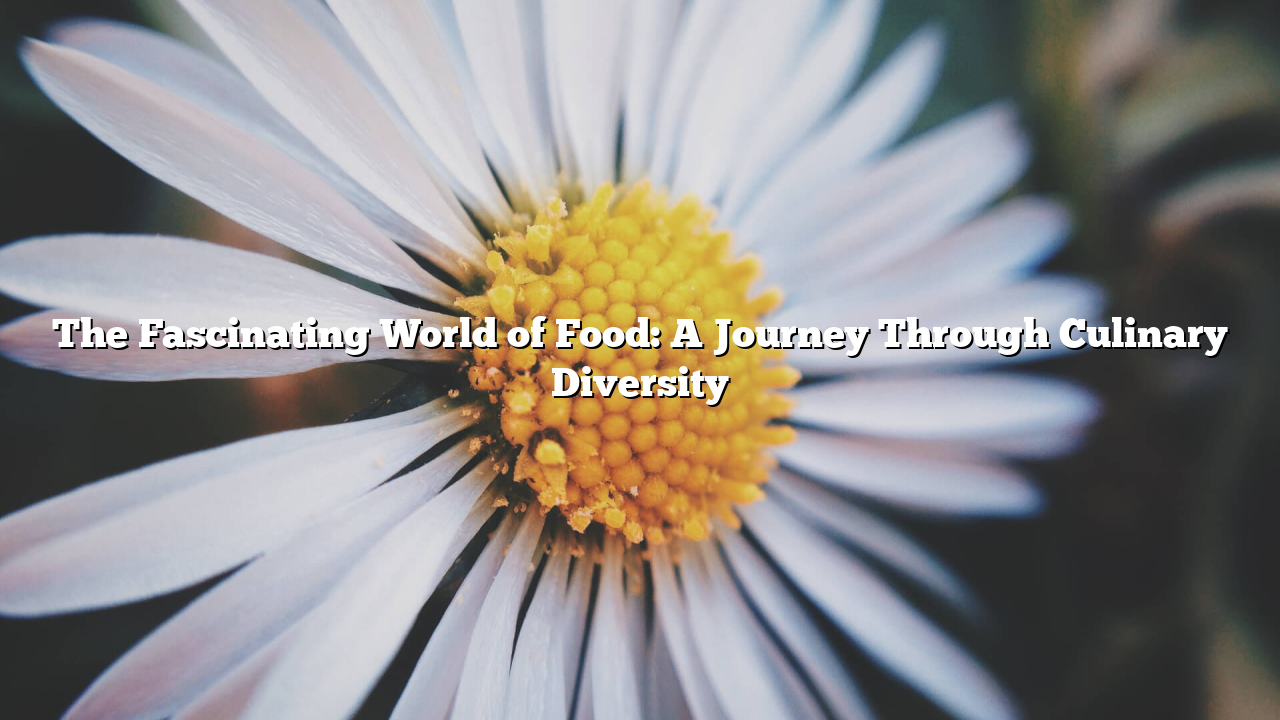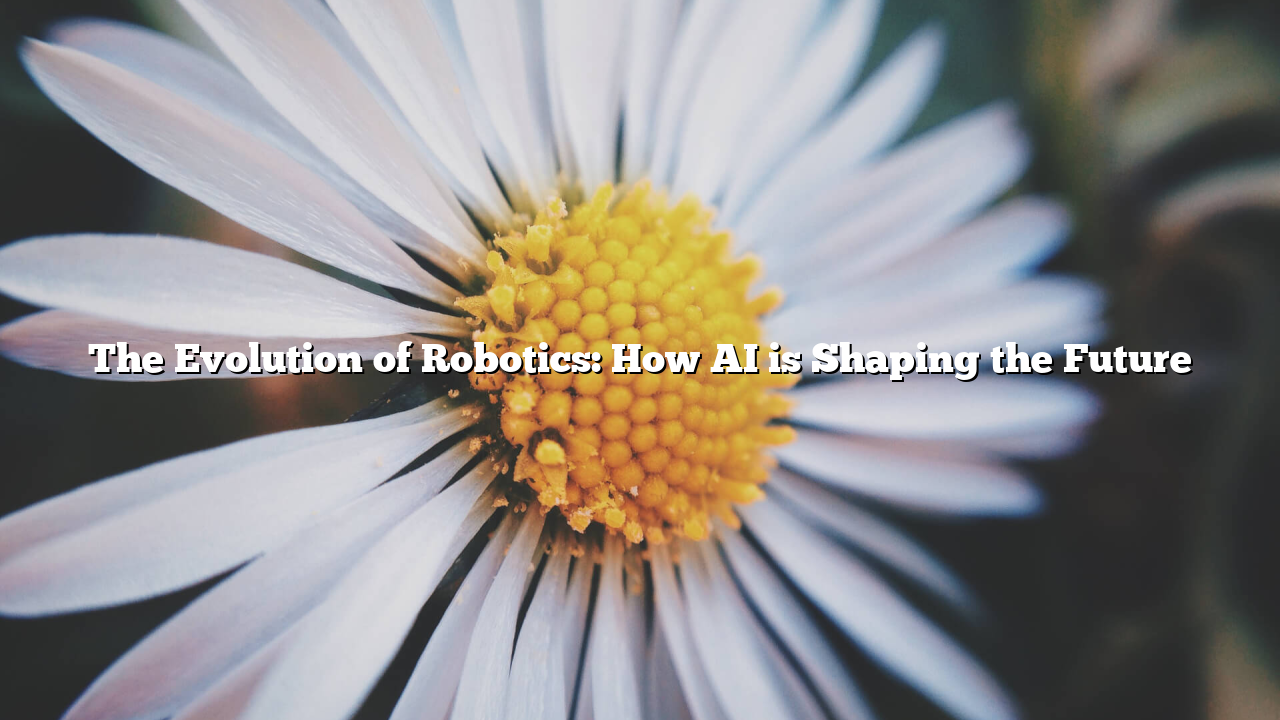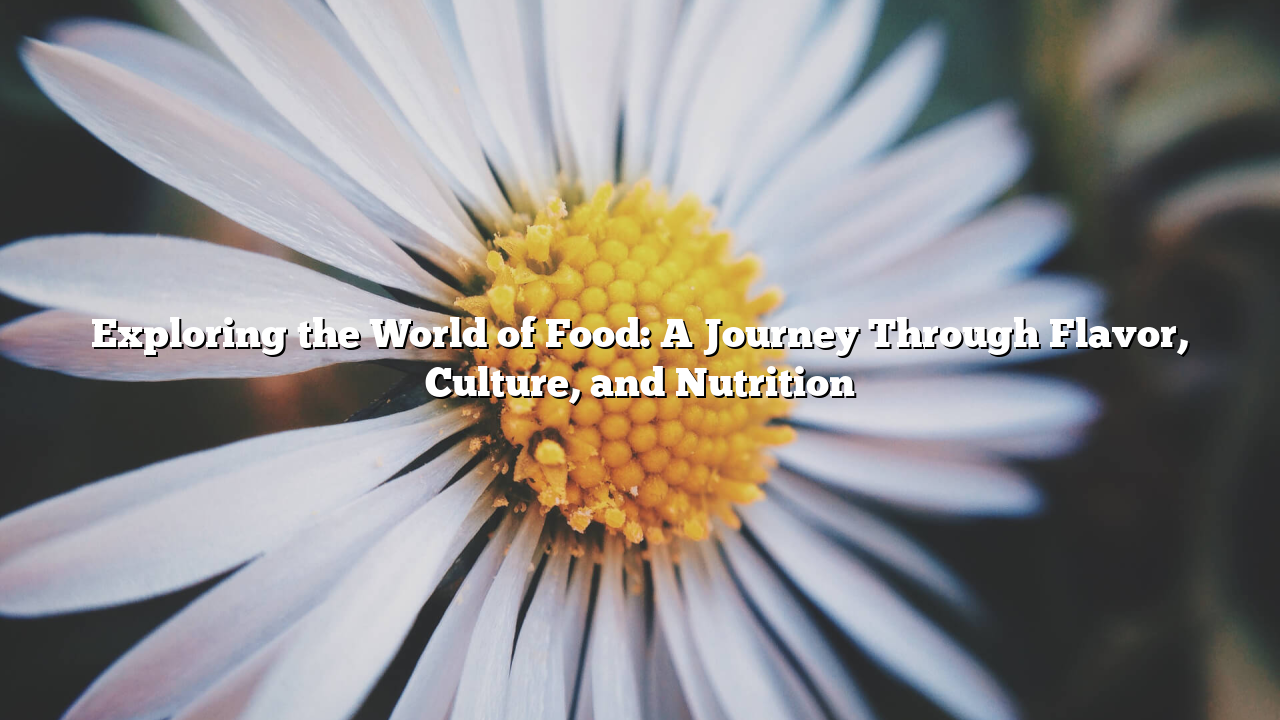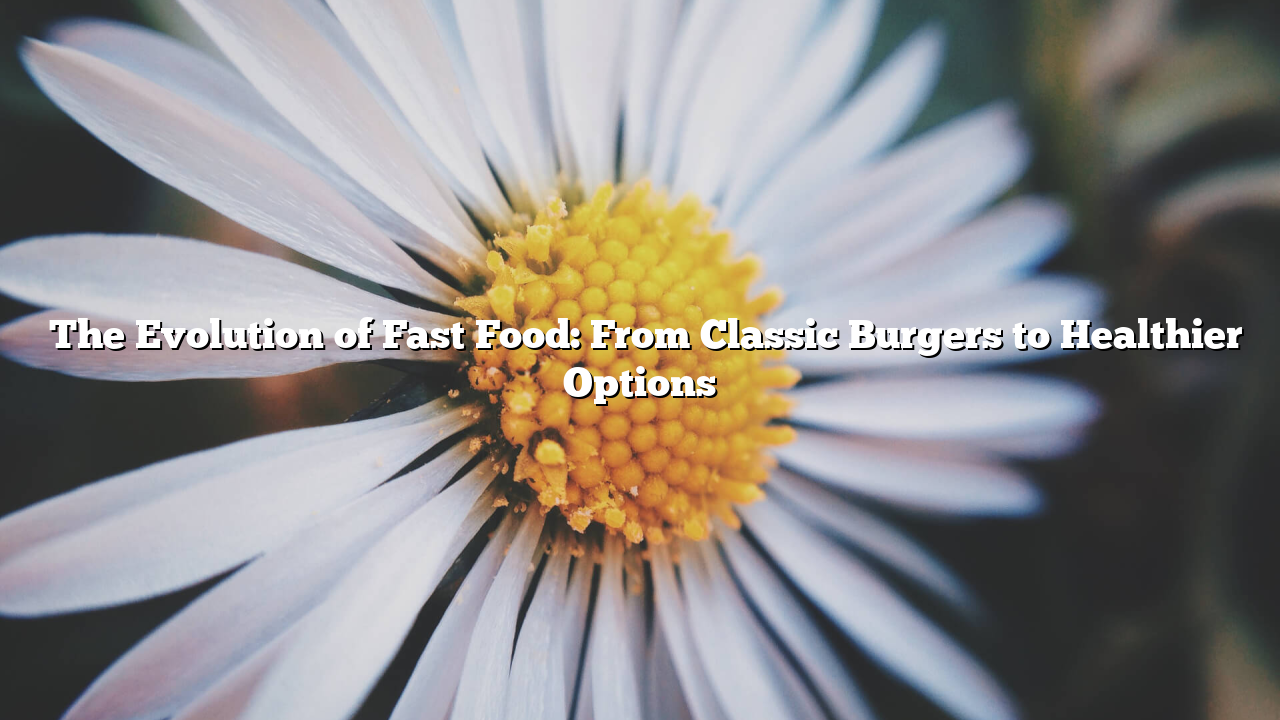Food is much more than just sustenance. It is an essential part of human existence, providing nourishment, pleasure, and cultural significance. Throughout history, food has been at the center of social interactions, cultural traditions, and the development of societies. It is through food that we express identity, celebrate festivals, and foster community connections. In this article, we will explore the rich diversity of food, its cultural importance, and the impact it has on our daily lives.
The Role of Food in Human Life
At its core, food serves the primary function of sustaining life. Our bodies require nutrients—such as carbohydrates, proteins, fats, vitamins, and minerals—to function properly. These nutrients are found in a wide variety of foods, from fruits and vegetables to meats, grains, and dairy products. As science and nutrition have advanced, we’ve gained a deeper understanding of how different foods affect our health and well-being.
However, food is not only about survival. It plays a crucial role in our emotional and psychological well-being. The act of eating can bring comfort, evoke memories, and create joy. Whether it’s a warm bowl of soup on a cold day or a celebratory feast with friends and family, food has the power to lift our spirits and create moments of connection. This emotional bond to food is particularly significant in cultures where shared meals are central to social life.
Culinary Diversity: A Reflection of Culture
Food is a powerful expression of culture. It reflects the history, geography, and values of a community. Different regions of the world have developed their own unique cuisines based on the availability of ingredients, climate, and cultural practices. For instance, Mediterranean cuisine is known for its reliance on fresh vegetables, olive oil, and seafood, which are abundant in that region’s climate. Similarly, Japanese cuisine is centered around rice, fish, and soy products, reflecting the island nation’s agricultural and maritime resources.
In addition to geographical factors, food also plays a significant role in cultural identity. Many cultures have specific dishes that are deeply intertwined with their traditions and beliefs. For example, the Mexican holiday of Día de los Muertos (Day of the Dead) is often celebrated with special foods like pan de muerto (bread of the dead), a sweet bread shaped like a skull or crossbones. In India, the Hindu festival of Diwali is marked by a variety of sweets, such as ladoos and barfis, which symbolize the triumph of light over darkness.
Furthermore, food is often a way for individuals to express their cultural heritage, especially in communities that have migrated or dispersed across the globe. Immigrant populations frequently preserve their culinary traditions as a means of maintaining a connection to their homeland. It is not uncommon to find ethnic restaurants and food markets offering a taste of a specific culture, providing a sense of familiarity and nostalgia for those far from home.
The Evolution of Food Production and Consumption
The journey of food from farm to table has undergone significant changes over the centuries. slot pragmatic were hunter-gatherers, relying on wild plants and animals for sustenance. As societies evolved, agriculture emerged as the cornerstone of food production. The domestication of plants and animals allowed humans to produce food on a larger scale, leading to the rise of settlements and civilizations.
In the modern era, food production has become increasingly industrialized, with technological advancements shaping how food is grown, processed, and distributed. The invention of refrigeration, for example, revolutionized food preservation, enabling perishable items to be stored and transported over long distances. The advent of processed foods, such as canned goods and frozen meals, has further transformed the way we eat, making food more accessible and convenient.
However, the rise of industrial food production has also raised concerns about its environmental and health impacts. The mass production of food often relies on monoculture farming, which can deplete soil nutrients and contribute to environmental degradation.
Additionally, the widespread use of artificial additives and preservatives in processed foods has led to concerns about their long-term effects on human health.
The Growing Popularity of Plant-Based Diets
In recent years, there has been a significant shift in the way people approach food, with many individuals turning to plant-based diets. This shift is driven by a variety of factors, including concerns about animal welfare, environmental sustainability, and personal health. The environmental impact of meat production, particularly the high levels of greenhouse gas emissions associated with livestock farming, has led many people to explore plant-based alternatives.
Plant-based diets, which emphasize fruits, vegetables, grains, legumes, and nuts, have been linked to numerous health benefits, including lower risks of heart disease, diabetes, and obesity. As a result, plant-based eating has gained mainstream popularity, with more restaurants and food brands offering vegan and vegetarian options. Beyond health benefits, many people are choosing plant-based diets as a way to align their eating habits with ethical and environmental values.
The Future of Food
The future of food is an exciting and rapidly evolving landscape. With the global population continuing to grow, there is a pressing need to find sustainable ways to produce food that can feed the world. Innovations in agricultural technology, such as vertical farming,
lab-grown meat, and genetically modified crops, hold the potential to revolutionize food production and address the challenges of food security.
Additionally, food sustainability is becoming an increasingly important topic, as consumers and producers alike seek ways to reduce food waste and minimize environmental impact. From reducing plastic packaging to supporting local farmers, there is a growing movement towards more sustainable food practices that prioritize the health of the planet and future generations.
Conclusion
Food is far more than just a means of survival. It is a reflection of culture, history, and personal identity. From the ingredients we choose to the way we prepare and share meals, food shapes our daily lives and our understanding of the world around us. As our global food system continues to evolve, the future of food offers both challenges and opportunities.
Whether through advancements in food technology, shifts in dietary trends, or growing awareness of sustainability, food will continue to play a central role in shaping the future of humanity.
The Fascinating World of Food: A Journey Through Culinary Diversity











Leave a Reply